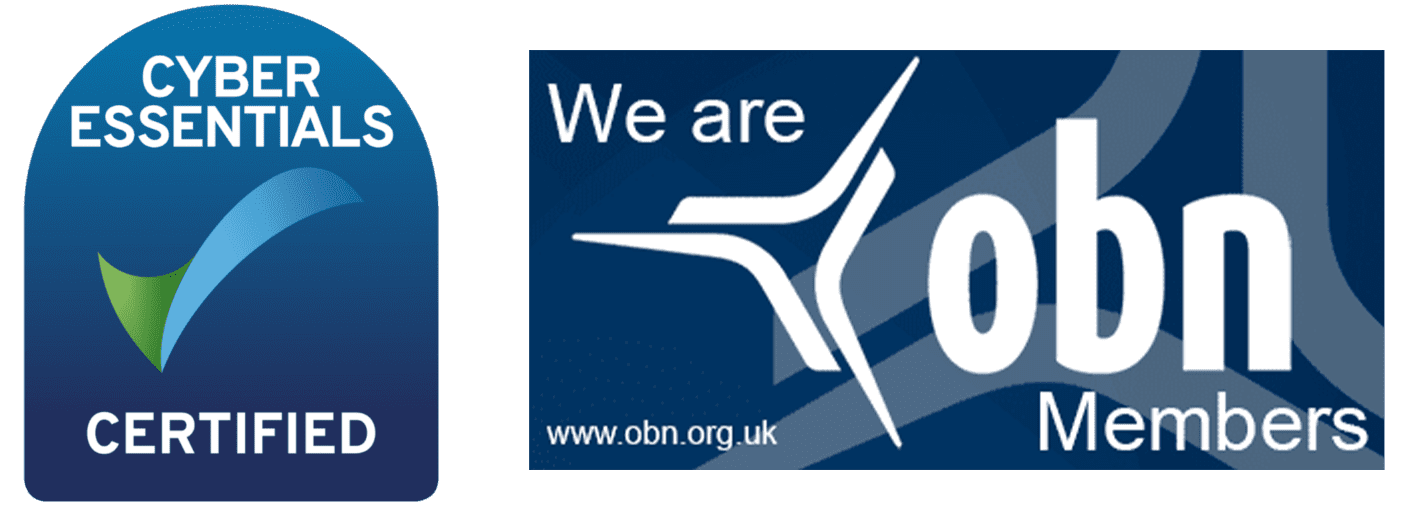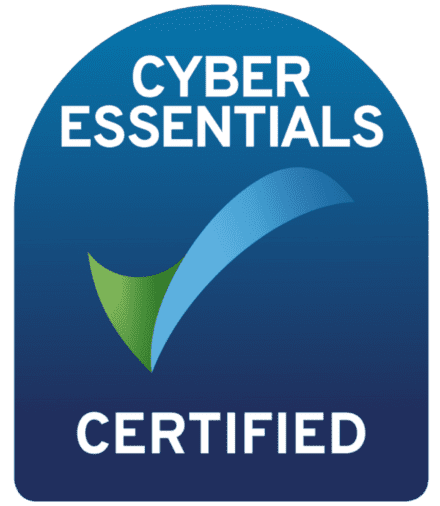Protocols
Testing Information
Examples
What is the process for initiating and executing a study?
On inquiry, we respond with whether the assay is within our area of expertise, an indication of pricing structure and timelines.
On an expression of interest, we assign a Principal Investigator, who will oversee your project from initial inquiry to final report.
Our quotes contain Confidentiality term and our Standard T’s & C’s. Alternatively, you may send us your NDA/CDA/Master Services Agreement to review.
Our Principal Investigator will work with you to fully define the project scope and protocols, usually involving a conference call. Complex or non standard assays are sometimes staged with a pilot study.
A quote is prepared for the project.
Final contract is executed and/or a PO is provided by you.
Samples are sent to our testing facility. See FAQ’s, below, for shipping guidance. We assist in tracking and seeing smoothly through customs.
Under the direction of the Principal Investigator, dedicated Scientist(s) and associate Scientist(s) execute your assay.
You are kept fully informed of progress by the Principal Investigator.
Should the need to modify the assay arise, the Principal Investigator and our team will use our collective expertise to work with you in problem solving.
Data is released to you after review by the Principal Investigator. Conference calls to discuss results are arranged as requested/required.
Interim and Final reports follow within one week of completing each Stage. These contains a detailed description of materials and methods used, the results summarised in tables and figures and the detailed data files as an appendix. See example, above.
How do I prepare and ship compounds/samples from the US/rest of world?
An international carrier such as FedEx or UPS should provide detailed instructions for packing and shipping of compounds or samples. FedEx International Priority® deliver in 2 to 3 business days. https://www.fedex.com/en-us/home.html
Speciality couriers such as CRYOPDP or Biocair provide temperature controlled logistics to the medical and (pre)clinical research community. They offer a comprehensive service, including packing in dry ice, if necessary.
https://www.cryopdp.com/
https://www.biocair.com/
All materials being shipped should be clearly labeled and securely sealed. We will normally take care of any import duty.
Compounds should be shipped as either a dry powder; a 10mM DMSO stock solution in a securely closed, labelled vial(s) or in sealed standard 96-well plates. Proteins and biologic samples should be made up in buffer with cryoprotectant such as 1% – 20% glycerol, prior to shipment. For other forms, please inquire before shipping. The air waybill / commercial invoice should include a description of the contents sufficient to clear customs. This can be the broad chemical group, structure or chemical name, but not just “chemical sample”. Samples for testing may carry no (minimal) commercial value.
Frozen tissue samples should be wrapped in foil to reduce freezer-burn and placed in polypropylene plastic tubes or the equivalent, so that they do not get damaged during transit. (If snap-freezing for cryostat sectioning, freeze on a flat sheet of aluminium foil then wrap in the foil, do not wrap before freezing as this distorts the brains.) They should be shipped with sufficient dry ice to ensure frozen arrival of samples to our testing facility. Our clients usually use dry ice pellets. A two-inch-thick polystyrene box will typically lose about 5 lbs of dry ice per 24 hours. We recommend a minimum of 20 lbs.
The air waybill / commercial invoice should include a description of the contents sufficient to clear customs (e.g. “8 frozen laboratory rat brains. Non-hazardous. Total weight 12 g.”). The category of materials as defined in Regulation (EC) No. 1069/2009 should be stated: for the tissue of animals subject to experiment, this would be Category 1. Samples for testing may carry no (minimal) commercial value.
Cell lines may be shipped either frozen on dry ice or in tightly sealed flasks with sufficient culture medium.
A useful guide to shipping perishables, including on dry ice, can be found here: https://www.fedex.com/content/dam/fedex/us-united-states/services/Perishables_fxcom.pdf.
We will supply you with a copy of a General Import Authorisation for animal tissue samples or cell lines. The Authorisation also details the documentation that should accompany the shipment: commercial invoice; the General Import Authorisation itself; a declaration from a veterinarian or head of laboratory, if required (it is a good idea that this declaration references the commercial/shipping document number).
The General Import Authorisation for animal tissue samples can also be found here:
The general import authorisation for animal cell lines can be found here:
You should also provide the following information to your courier:
Our EORI number: GB264035226000. This will facilitate Customs clearance into the UK. We will also supply the Customs Procedure Code (CPC) on request by you / your courier.
Contact e-mail address: ops@giffbio.com. This is monitored by all members of the Operations team, so we can respond promptly to any requests for Customs clearance information.
Compounds, tissue samples, cells and/or test materials should be shipped to:
Gifford Bioscience Limited
Birmingham Research Park
97 Vincent Drive
Birmingham B15 2SQ
UK
We will email an acknowledgement to you once received at our testing facility.
This is for your guidance only and Gifford Bioscience Limited cannot accept responsibility for any delay or damage during shipment.
How do I prepare and ship compounds/samples from the EU, post Brexit?
Your courier will guide you through the documentary requirements, which we also detail below.
The priority service of shippers such as https://www.fedex.com deliver in 1 to 3 business days. Speciality couriers such as CRYOPDP or Biocair provide temperature controlled logistics to the medical and (pre)clinical research community. They offer a comprehensive service, including packing in dry ice, if necessary.
https://cryopdp.com/
https://www.biocair.com/
All materials being shipped should be clearly labelled and securely sealed. We will normally take care of any import duty.
Compounds should be shipped as either a dry powder; a 10mM DMSO stock solution in a securely closed, labelled vial(s) or in sealed standard 96-well plates. Proteins and biologic samples should be made up in buffer with cryoprotectant such as 1% – 20% glycerol, prior to shipment. For other forms, please inquire before shipping. The air waybill / commercial invoice should include a description of the contents sufficient to clear customs. This can be the broad chemical group, structure or chemical name, but not just “chemical sample”. Samples for testing may carry no (minimal) commercial value.
Frozen tissue samples should be wrapped in foil to reduce freezer-burn and placed in polypropylene plastic tubes or the equivalent, so that they do not get damaged during transit. (If snap-freezing for cryostat sectioning, freeze on a flat sheet of aluminium foil then wrap in the foil, do not wrap before freezing as this distorts the brains.) They should shipped with sufficient dry ice to ensure frozen arrival of samples to our testing facility. Our clients usually use dry ice pellets. A two-inch-thick insulated urethane box will typically lose about 2.5 Kg of dry ice per 24 hours. We recommend a minimum of 10 Kg.
A useful guide to shipping perishables, including on dry ice, can be found here: https://www.fedex.com/content/dam/fedex/us-united-states/services/Perishables_fxcom.pdf
Dry ice labels, to be attached to the outer carton, should indicate the quantity of dry ice in kilograms. They can be obtained from your shipper and can be downloaded from FedEx here: https://www.fedex.com/content/dam/fedex/us-united-states/services/Dry_Ice_Label.pdf
Animal by-products for research purposes, which are shipped from within the EU, do not require authorisation to be imported into England, even post Brexit.
You should also provide the following information to your courier:
Our EORI number: GB264035226000. This will facilitate Customs clearance into the UK. We will also supply the Customs Procedure Code (CPC) on request by you / your courier.
Contact e-mail address: ops@giffbio.com. This is monitored by all members of the Operations team, so we can respond promptly to any requests for Customs clearance information.
Compounds, tissues and/or test materials should be shipped to:
Gifford Bioscience Limited
Birmingham Research Park
97 Vincent Drive
Birmingham B15 2SQ
UK
Included in the package should be your details and an itemised description of the contents. We will email an acknowledgement to you once received at our testing facility.
This is for your guidance only and Gifford Bioscience cannot accept responsibility for any delay or damage during shipment.
Which radiochemicals can you use?
Our radioactive substances permit encompasses all common laboratory radioisotopes including Tritium; Iodine-125; Carbon-14; Iodine-124; Iodine-131; Sulphur-35; Phosphorus-32; Phosphorus-33; Chromium-51; Rubidium-86 and smaller amounts of other beta/gamma emitting radionuclides.
Do you have access to human tissue?
Yes. Sources and application procedures vary. For human brain tissue, we apply through UK Brain Bank Network, which comprises of 10 individual, university-run tissue banks. These hold a wide variety of normal and diseased tissue. Our application requires the individual tissue bank’s ethics committee approval and transfer is subject to the terms of a Material Transfer Agreement with them.
Do you have the ability to dose live animals with a test and/or radiolabeled compound?
We use partner companies to dose rats and mice with either unlabeled or radiolabeled compounds.
How much compound is required for a bioanalytical method validation?
Recommended minimum quantities for each of our assays are given in the testing information downloads, available above.
Can samples be stored at Gifford Bioscience Limited for an extended period of time?
Sample storage is available in the following conditions: ultra-low temperature (-152 oC for cells); frozen (-80 oC; -25 oC); refrigerated; room temperature. Extended sample storage, beyond the immediate period of the assay, is an additional service to be agreed upon at the outset of the project.
What is the typical turnaround time?
The turnaround time for each project or project phase will be indicated in the quotation. Two to four weeks is typical, with our clock starting once the statement of work has been signed and all compounds and materials needed have been received at our testing facility.
Contact Us
This site is protected by reCAPTCHA. The information you supply will be processed in accordance with the General Data Protection Regulation (EU & UK). For further details, please refer to our Privacy Policy.

Copyright © 2025 Gifford Bioscience Limited
Privacy Policy


